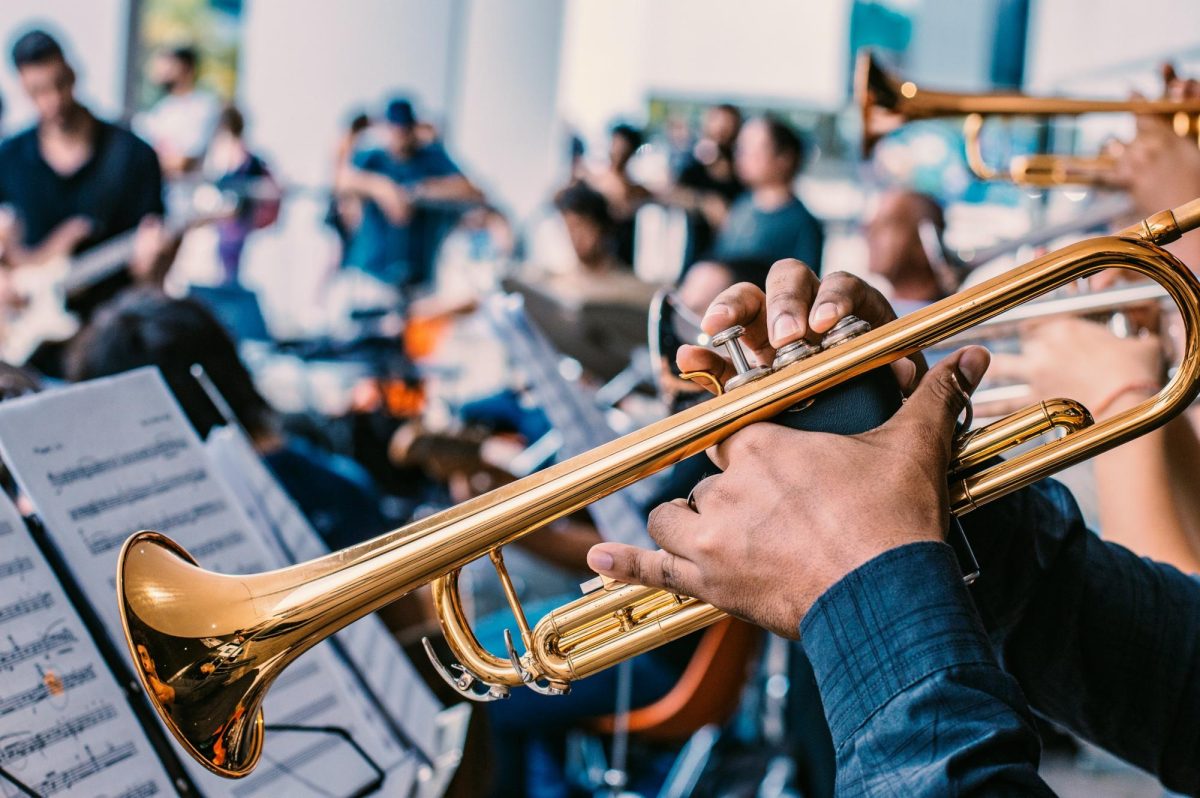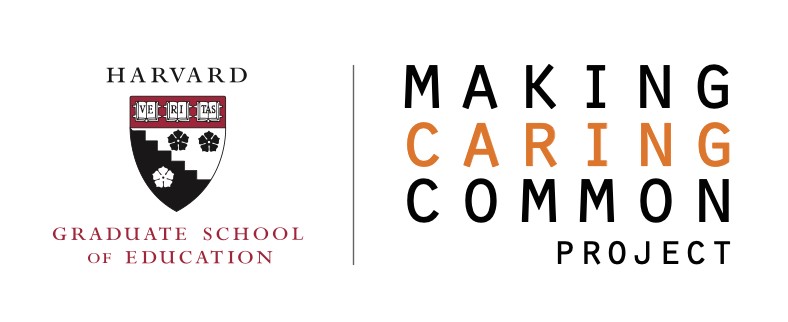
Country music is starting to lose its simple sounds and originality. As the 21st century continues, more music is being broadcast on radios at home, in your car, at work, in a restaurant⎯ you get the idea. To carry on with the high amount of listeners, these radio broadcasters play songs that are trendy and more popular. Country music was a huge hit genre in the ‘60s, but as opposed to today, other genres are ‘taking over’. Some country artists have used a solution to this: Changing their sounds. Sounds in modern-day country music are shifting continuously due to the popularity of pop trends.
Country music has been known for its simple sounds, or the ‘honky-tonk’ tunes. Country artist Chris Stapleton’s Tennessee Whiskey has a great example of this simple rhythm. The pop genre is known for having a more catchy rhythm that can appeal to a wide array of listeners. Country music began falling short on the amount of music being broadcast in the early 2000s because of the larger appeal of pop genres. Journalist Jewly Hight with National Public Radio (NPR) states “Pop, hip-hop, and R&B have far higher turnover rates for hits, thanks to massive streaming numbers and radio programming that favors the hot and new over the familiar”. This explains the shift in the music genres that many more people listen to due to the increased rate of broadcasts. This may lead to a huge drop in people more interested in country music. In my experiences in school, I’ve heard many people say they don’t prefer country music, or just generally hate it, and would rather listen to rap, metal, pop, etc: the trendy genres. Generally, I’m a little surprised by the relatively small number of people who listen to country music.
Since the 21st century has arisen, more country artists are changing the way their songs sound, to keep up with new trends, and they are doing so, by using the pop genre. This isn’t a bad idea, in some cases. Students from the University of Texas report that “The connection with mainstream sounds allowed country artists to crossover into the pop genre. This [led] to the mass consumption of country music, instead of production solely for authentic listeners…”, revealing that more country artists are beginning to add more sounds associated with pop, to receive more listeners. It’s a good idea that these artists are keeping their popularity by being a part of the newer trends, but it also leaves listeners who enjoy the simpler-sounding music out of the picture. This may lead to fewer people wanting to hear recent music from a certain artist. Sounds like a paradox, does it not? More people listen to an artist because of their new sounds, songs, or changes in genre, but fewer people listen because they would rather hear the original music.
Some listeners do in fact, prefer the original music from some artists, rather than the trendy music. “In the mid to late 1980s there was a movement to bring country music back to its simplistic sounds and roots. However, with the more sophisticated production techniques used in Nashville, the sub-genre of Country Pop was born” (Country Pop), reports students at the University of Texas. Country Pop combines some elements of simple country music, with mainstream pop music. This new sub-genre has been used by many artists who hope to continue their popularity.
More sounds will continue to shift, because of newer trends, and interests. Many artists’ songs still heard today were published as many as 10 years ago because they are using these newer sounds that create a wider appeal to their audience. If more country artists publish songs, they will likely use sounds that spark an interest in the audience, resulting in higher views, and production. So will country music ever get back to its original roots? My answer is ‘I don’t know’ but it’s good to value the songs that have this original feeling.
Works Cited:
Country Pop | Country Music Project.” DWRL WordPress, https://sites.dwrl.utexas.edu/countrymusic/the-history/country-pop/. Accessed 23 October 2023.
Hight, Jewly. “How The Sound Of Country Music Changed.” NPR, 20 March 2018, https://www.npr.org/sections/therecord/2018/03/20/594037569/how-the-sound-of-country-music-changed. Accessed 23 October 2023.












